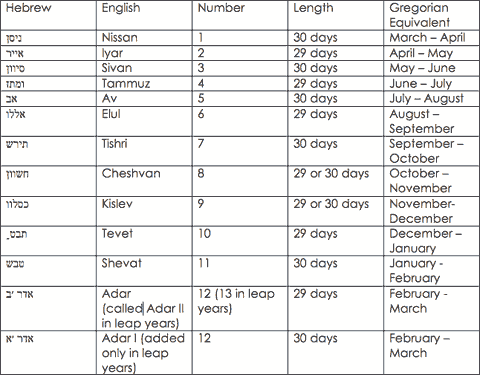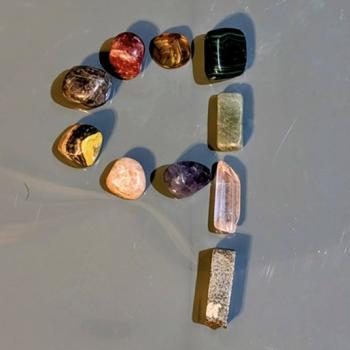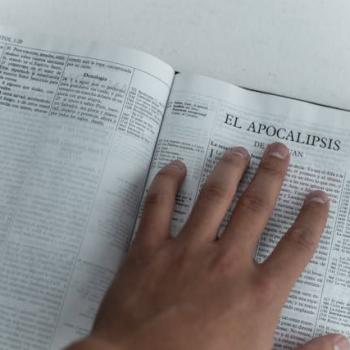Yom HaShoah (27 Nisan)
- Yom HaZikaron laShoah ve-laGvura ("Holocaust and Heroism Remembrance Day"), known colloquially in Israel and abroad as Yom HaShoah and in English as Holocaust Remembrance Day, is observed as Israel's day of commemoration for the approximately six million Jews who perished in the Holocaust, as a result of the actions carried out by Nazi Germany and its allies, and for the Jewish resistance in that period. In Israel, it is a national memorial day and public holiday.
Yom HaZikaron (4 Iyar)
- Yom Hazikaron (lit., Israeli Fallen Soldiers and Victims of Terrorism Remembrance Day) is Israel's official Memorial Day. In 2009, Israel honored the memory of 22,570 soldiers killed in the line of duty and 1,723 civilian terror victims.
Yom HaAtzmaut (5 Iyar)
- Yom Ha'atzmaut is the national independence day of Israel, commemorating its declaration of independence in 1948. Celebrated annually on 5th of the Jewish month of Iyar, it centers on the declaration of the state of Israel by David Ben Gurion in Tel Aviv on May 14, 1948 (5 Iyar, 5708), and the end of the British Mandate of Palestine. It is always preceded by Yom Hazikaron, the Israel fallen soldiers Remembrance Day on the 4th of Iyar.
Lag B'Omer (18 Iyar)
- Lag BaOmer is celebrated on the thirty-third day of the counting of the Omer, which falls on the 18th of Iyar.
Yom Yerushalyim (28 Iyar)
- Jerusalem Day or Yom Yerushalayim is an Israeli national holiday commemorating the reunification of Jerusalem and the establishment of Israeli control over the Old City in June 1967. The Chief Rabbinate of Israel declared Jerusalem Day a minor religious holiday to thank God for the six-day victory and for answering the 2,000-year-old prayer of "Next Year in Jerusalem."
Shavuot (6 - 7 Sivan)
- Shavuot, which occurs on the sixth day of the Hebrew month of Sivan, commemorates the anniversary of the day God gave the Torah to Moses and the Israelites at Mount Sinai. It is one of the shalosh regalim, the three biblical pilgrimage festivals. It marks the conclusion of the Counting of the Omer.
Tisha B'Av (9 Av)
- Tisha B'Av ("the Ninth of Av") is an annual fast day in Judaism, named for the ninth day (Tisha) of the month of Av in the Hebrew calendar. The fast commemorates the destruction of the First and Second Temples in Jerusalem, which occurred approximately 656 years apart, but on the same date. Accordingly, the day has been called the "saddest day in Jewish history."
Tu B'Av (15 Av)
- Tu B'Av ("the fifteenth of Av") is a minor holiday in the Hebrew calendar. While in the days of the Temple there were once many religious customs for this holiday, today there are no special religious customs, apart from the omission of Tachanun (a penitential prayer) after the morning and afternoon prayer services. In modern-day Israel, it is seen as the holiday of love (Hag HaAhava) and known as the "Jewish Valentine's day."

Page: 2 of 2




